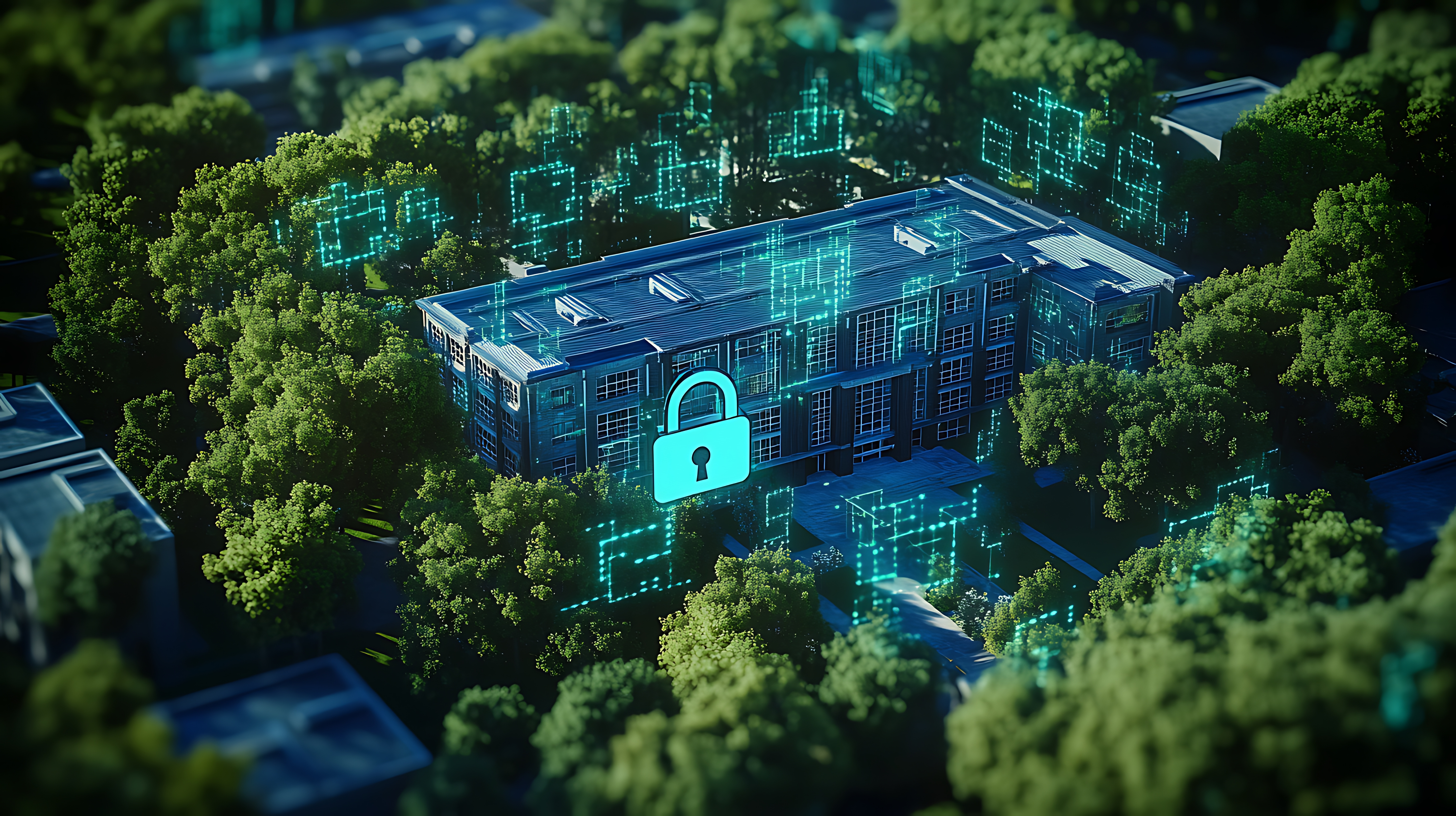As summer approaches, many businesses and employees embrace the flexibility of vacation time, remote work, and a more relaxed schedule. However, this shift in routine can also present new cybersecurity challenges. With more people accessing networks from various locations and devices, it’s crucial to stay vigilant and proactive in maintaining robust cybersecurity practices. Here are some key tips to help safeguard your data as we roll into the summer months:
-
Update Software Regularly
Ensure that your operating systems, apps, and security software are up to date. Cybercriminals often exploit outdated software with known vulnerabilities. Set up automatic updates whenever possible to minimize the risk. -
Strengthen Password Security
Use strong, unique passwords for every account, and enable two-factor authentication (2FA) wherever possible. With employees accessing company systems from home or public Wi-Fi networks, it’s vital to keep login credentials secure. -
Be Cautious with Public Wi-Fi
While on vacation or working remotely, avoid using public Wi-Fi for sensitive activities like banking or accessing company networks. If necessary, use a virtual private network (VPN) to encrypt your internet connection and protect your data from potential hackers. -
Educate Employees About Phishing Scams
Summer often leads to more casual communication, which can make phishing attempts harder to spot. Train employees to recognize suspicious emails, especially those offering summer promotions or travel discounts. Avoid clicking on unsolicited links or downloading attachments from unknown sources. -
Back Up Data
Frequent backups are essential to ensure business continuity in case of cyber incidents, such as ransomware attacks. Automate your backup system to protect important files from being lost or held hostage.
By staying proactive and following these tips, you can enjoy a safe, secure, and productive summer season without compromising your cybersecurity.

